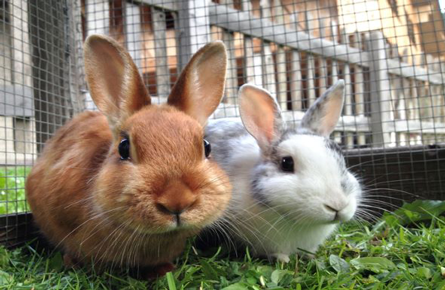Cat dentistry in oxford
Everything you need to know about Cat dentistry
Cat dental care is just as vital as any other regular and preventative care, and we at Boundary Vets recognise this. We advise Oxford cat dental care that is preventative because of this. In cats, as in humans, tartar accumulation can result in gum disease and teeth decay.
The ideal way to maintain proper oral hygiene in your cat is to brush their teeth once or twice a day. In addition to offering advice on suggested products or dental diets for your cat's oral health, our team at Boundary Vets is delighted to address any questions you may have about cat dental care in Oxford.
Symptoms of Cat dental disease
Oxford's veterinarians and nurses do a cat dental care examination during every regular visit because cats are adept at masking pain signals and frequently, owners are unaware that their pet has tooth problems. Some cats with severe gingivitis (inflammation of the gums), severe tooth root infections, severe dental disease, or root exposure will not stop eating and will only exhibit mild symptoms. Early detection of dental illness can lower the quantity of extractions needed.
Cleaning your cat's teeth can eliminate plaque, but brushing won't remove tartar. If tartar is already there, scaling and polishing the area first will help prevent it from coming back is the best course of action. All cat dental care treatments require general anaesthesia; however, a scale and polish procedure takes far less time and requires a speedier recovery than repeated extractions for your cat.
Signs of Cat dental disease?
- red or inflamed gums (gingivitis)
- bad breath (halitosis)
- bleeding from the mouth
- visible tartar buildup on teeth
- chewing on one side of the mouth
- discoloured teeth
- drooling
- loose teeth
- swelling surrounding the mouth (perhaps caused by an abscess in the tooth root).
- dropping food from the mouth when eating
- slowness or reluctance to eat
How can Cat dental disease be prevented?
Daily tooth brushing is the greatest approach to keep your cat's teeth in good condition. The Oxford team at Boundary Vets will be pleased to offer guidance on incorporating this into your cat's dental care routine.
To fully clean the teeth, it can also be advantageous to have a scale and polish done on a regular basis. This is comparable to the care that an Oxford cat dental care hygienist would provide. These are done under a brief general anaesthesia because cats will not stay still for very long and we need to make sure they and the crew are safe around sharp teeth!
Feline odontoclastic resorptive lesions (FORLs)
Another type of disease of the mouth that affects cats is called feline odontoclastic resorptive lesions (FORLs). Although the reason is unknown, 75% of cats are believed to be impacted. Though it can happen at any age, cats over five are more likely to experience it.
These lesions cause a little hole in the enamel near the gum line as the tooth eats away at a portion of the tooth. Because they weaken the teeth, these lesions can cause tooth fractures in cats, who then experience severe pain. To resolve them, extraction is necessary.
If you would like more information or want to talk to a member of our expert Oxford veterinary team about Cat dental care, contact our team today at 01235 538721







